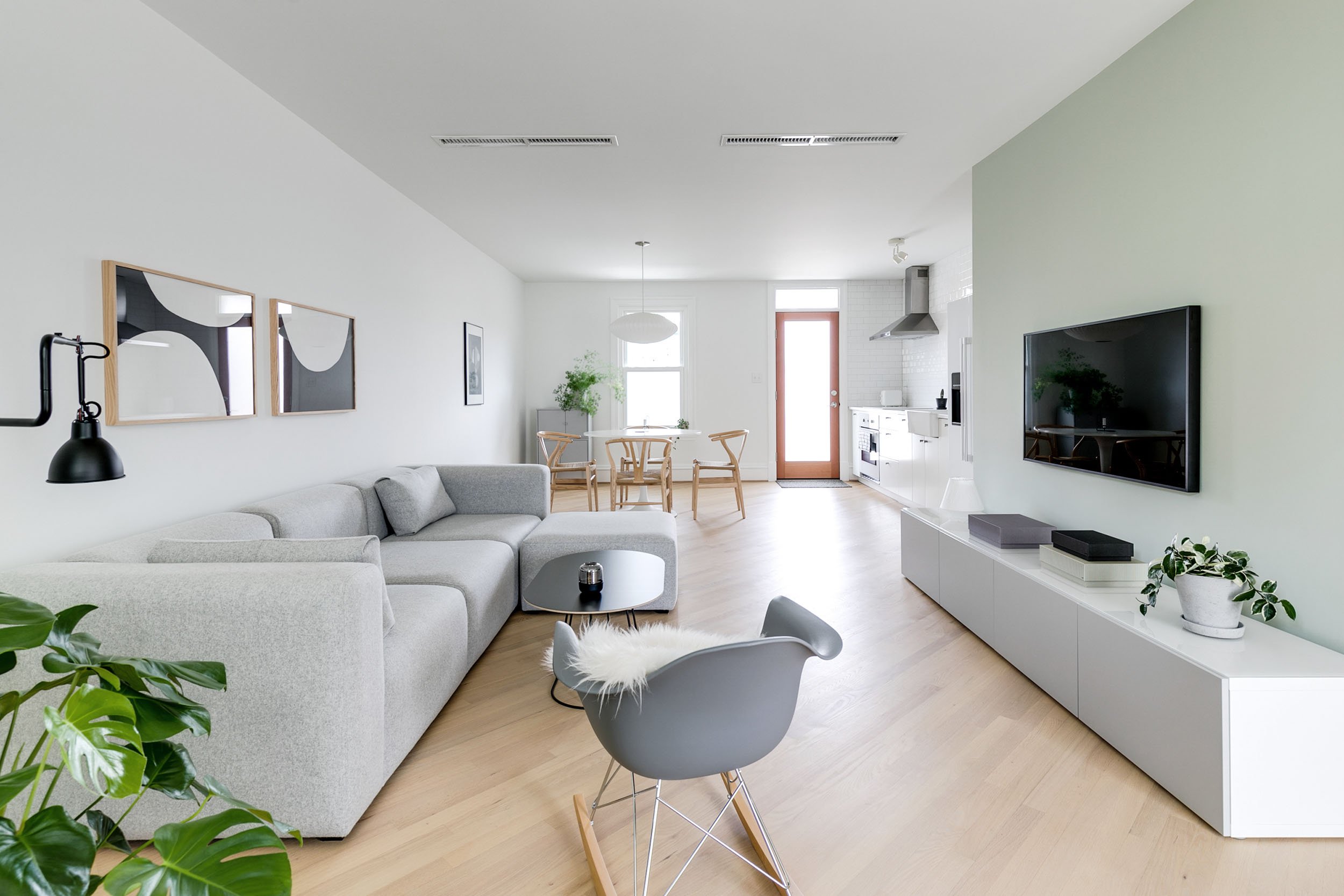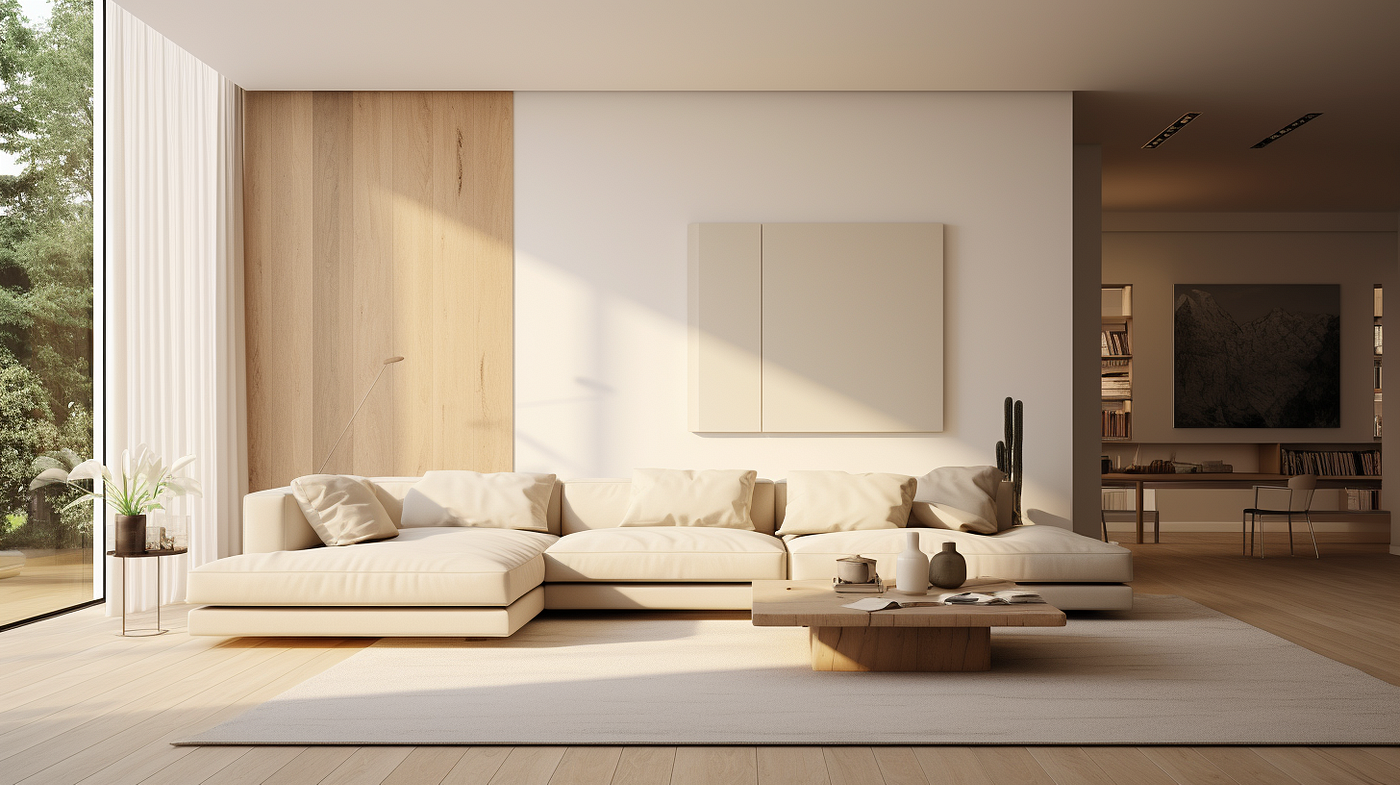Checking Out the Long-Term Influence of Minimalism on Mental and Emotional Health
Checking Out the Long-Term Influence of Minimalism on Mental and Emotional Health
Blog Article
Recognizing Minimalism: Strategies for Decreasing Mess and Enhancing Clearness in Everyday Living
Minimalism is significantly recognized as a feasible method to boosting clearness and focus in today's messy world. By systematically assessing our ownerships and prioritizing intentionality, we can develop areas that not just reflect our values yet likewise promote mental wellness. Employing methods such as the "Four-Box" method can help with a more organized environment, yet real challenge hinges on growing a minimalist attitude that maintains these efforts. Exploring the nuances of this viewpoint may reveal unexpected understandings into exactly how you can transform your every day life. When you accept this deliberate simpleness?, what might you discover.
Specifying Minimalism and Its Advantages
Specifying minimalism entails comprehending it as a lifestyle option that emphasizes simplicity and intentionality in both physical ownerships and day-to-day routines. At its core, minimalism urges people to prioritize what truly matters, enabling a much more purposeful and concentrated presence. By stripping away the non-essential, minimalism invites people to engage deeply with their surroundings and experiences.
The advantages of taking on a minimal method are multifaceted. It fosters psychological quality, as minimizing clutter in one's setting can lead to reduced distractions and anxiety. When surrounded by fewer possessions, individuals usually report boosted focus and improved performance. Secondly, minimalism advertises financial liberty; by focusing on needs over wants, people can make more educated purchasing choices, leading to possible savings and lowered financial debt. Moreover, a minimal way of living can generate emotional advantages, as it encourages individuals to grow appreciation wherefore they have instead than yearning for much more.
Eventually, minimalism is not just regarding material decrease yet involves a holistic change in viewpoint, cultivating a life characterized by function, balance, and satisfaction. Embracing this way of living can cause extensive modifications in how people view and connect with the world around them.
Assessing Your Present Mess
Clutter often manifests as an overwhelming accumulation of things that no longer serve an objective, creating an obstacle to accomplishing a minimalist lifestyle. Take note of particular categories of products, such as clothes, publications, or kitchenware, as this will help you comprehend the scope of the clutter.

Additionally, consider the frequency of use for each thing. Eventually, recognizing your existing clutter is a vital step toward embracing minimalism and enhancing clearness in your daily living.

Practical Decluttering Techniques
Having actually examined your present mess, the next step is to implement sensible decluttering techniques that facilitate a more organized living room. Minimalism. One reliable approach is the "Four-Box" method, where you mark four boxes identified: keep, contribute, garbage, and relocate. This strategy encourages fast decision-making and makes certain things are categorized appropriately
One more approach is the "One in, One out" rule, which states that for each new thing gotten, an existing product has to be removed. This concept helps keep equilibrium and protects against accumulation in time. In addition, consider the "30-Day Minimalism Video Game," where you remove one product on the very first day, 2 on the 2nd, etc, cumulatively fostering a sense of success.
Limit on your own to a particular number of cherished items, permitting you to value their value without overwhelming your room. By using these methods, you can create a more effective and tranquil living space, eventually enhancing clarity in your everyday life.
Creating Intentional Spaces
Creating intentional rooms involves a thoughtful strategy to how we design and arrange our atmospheres, making sure each area offers a particular function and reflects our worths. This practice is essential in cultivating a feeling of clearness and function in our day-to-days live. By seriously examining the function of each space, we can remove interruptions and enhance our overall health.
To create deliberate spaces, start by recognizing the primary tasks that Homepage will occur in each area. you could try these out A home workplace must be created to cultivate performance, incorporating components such as appropriate lighting, comfortable furnishings, and minimal interruptions. On the other hand, a leisure area must advertise harmony, featuring relaxing shades and comfortable seats.
In addition, think about the psychological impact of your surroundings (Minimalism). Incorporating personal items that resonate with your worths, such as art work or plants, can boost the connection to your room. Routinely evaluate these settings to ensure they proceed to serve their desired purpose as your requirements progress
Eventually, developing deliberate rooms is regarding making aware options that line up with your lifestyle, advertising harmony and performance in your living and working atmospheres.
Keeping a Minimalist Frame Of Mind
Accepting a minimalist attitude calls for ongoing representation and intentionality in our thoughts and activities. This method involves growing awareness of our values and concerns, allowing us to filter disturbances and concentrate on what really matters. To maintain this mindset, regular self-assessment is important. Establish aside time to review your dedications, possessions, and even electronic material, ensuring they align with your core concepts.
Another trick strategy is to practice appreciation. Acknowledging what you currently possess fosters contentment and decreases the need for extra. This change in perspective urges recognition for simplicity, improving overall well-being. Integrating mindfulness methods, such as meditation or journaling, can further strengthen a minimal frame of mind by promoting clearness and reducing psychological mess.
Additionally, develop limits to protect your time and energy. Find out to state no to non-essential responsibilities and disturbances that do not contribute to your personal development. Surround on your own with similar why not try here people that sustain your minimalist journey, as shared worths can boost inspiration and liability.
Verdict
In verdict, accepting minimalism supplies considerable benefits, including minimized clutter and enhanced quality in day-to-day life. The principles of minimalism offer as valuable tools for growing an atmosphere that supports individual growth and wellness.

Furthermore, think about the "30-Day Minimalism Game," where you get rid of one item on the first day, two on the second, and so forth, cumulatively promoting a feeling of achievement.
In final thought, welcoming minimalism provides considerable benefits, consisting of reduced clutter and enhanced clarity in everyday life.
Report this page